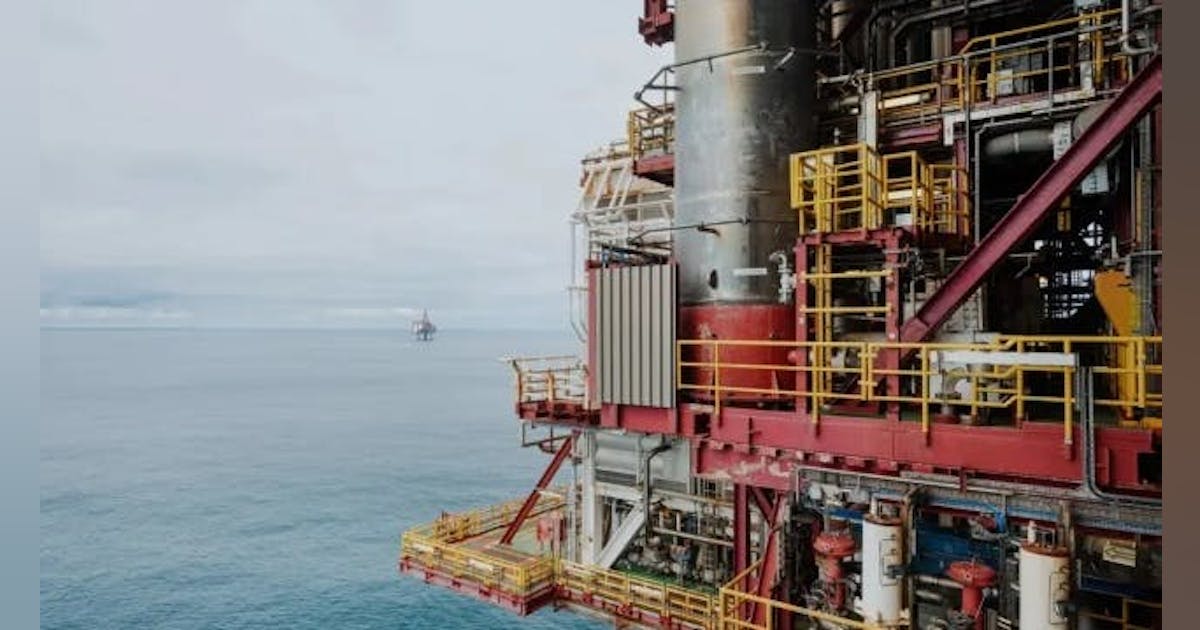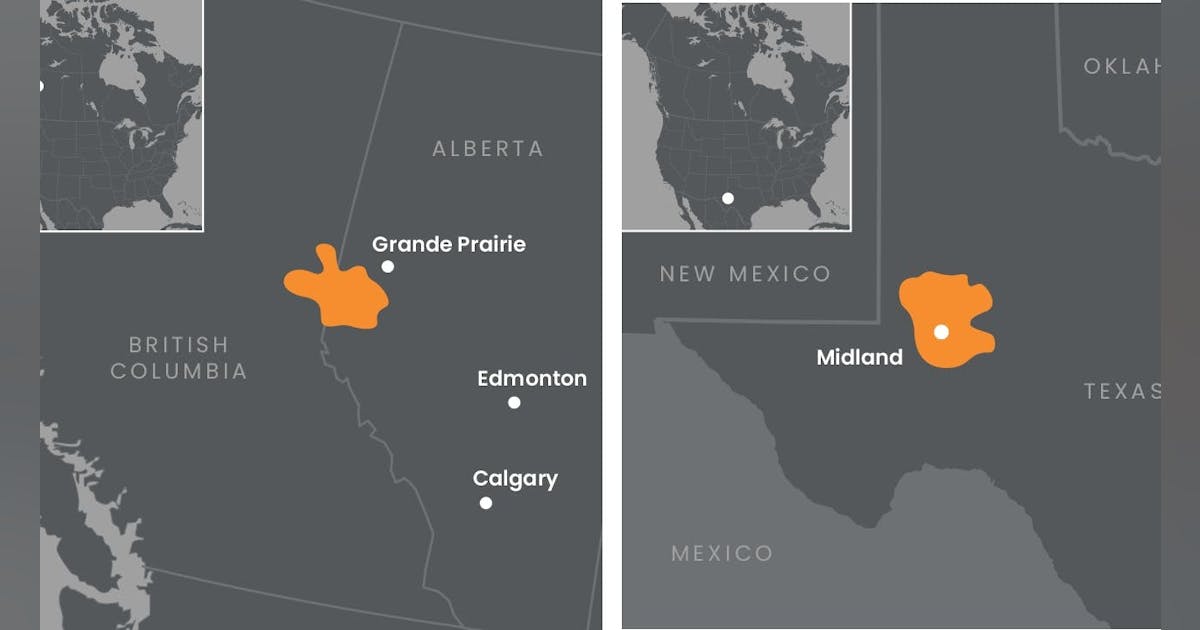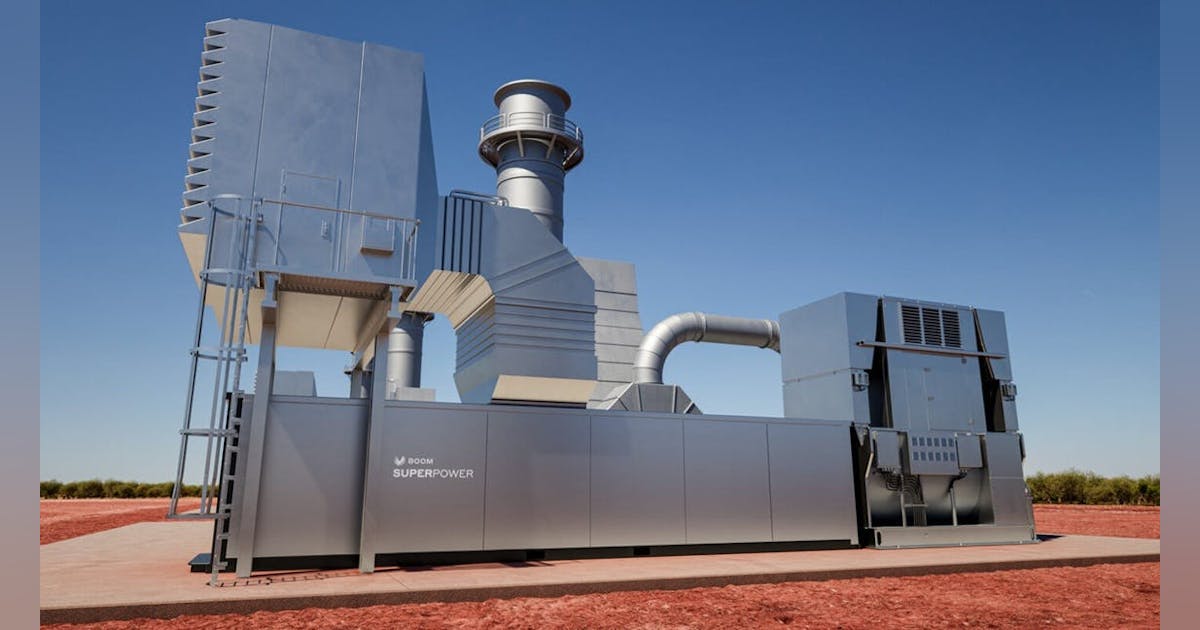The first wave of redundancies has been announced to workers at Grangemouth as Petroineos closes down Scotland’s only oil refinery.
The firm is set to cut 400 jobs at the site over the next three to 18 months in a move that unions have labelled as a “national disgrace”.
In September, the firm announced plans to cease operations in the second quarter of 2025 and despite union and government engagement, Petroineos is forging ahead.
The oil refinery is set to become an import terminal in a move that will see the majority of workers lose their jobs.
 © Andrew Milligan/PA Wire
© Andrew Milligan/PA WireUnite general secretary Sharon Graham said: “It is quite frankly a national disgrace that Petroineos has been allowed to press ahead with this needless act of industrial vandalism.
“There is a clear plan for the future of Grangemouth in place. Yet the UK and Scottish governments are missing in action.”
Dismantling of the refinery is set to take five years, Petroineos said. As a result, the firm aims to operate its new terminal as it tears down the refinery.
A Petroineos spokesperson commented: “From Q2 this year, Grangemouth will be ready to operate as a national fuel distribution hub that ensures Scotland’s supply of finished fuels is protected.
“The process of safely transitioning the site from a refinery into an import terminal is underway and will continue over a number of months.”
Union asks ‘who has got Britain’s back?’
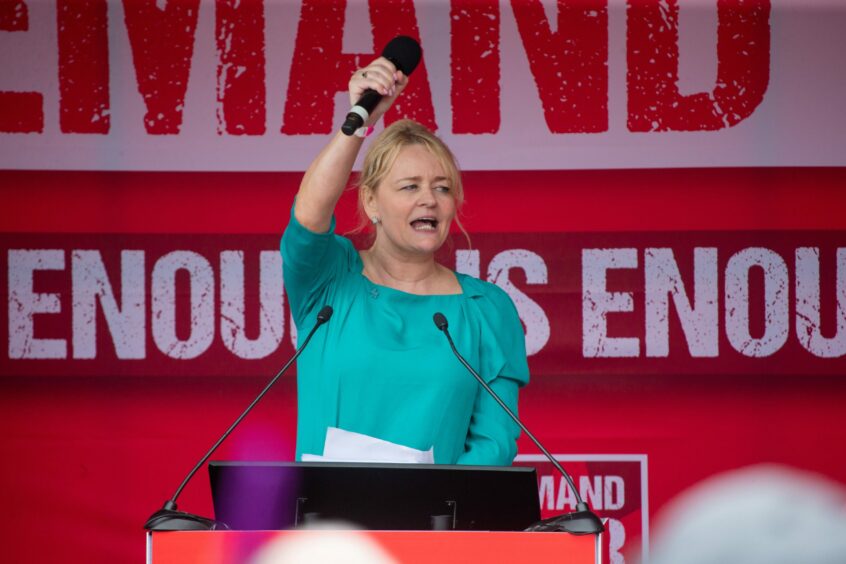 © Tayfun Salci/ZUMA Press Wire/Shu
© Tayfun Salci/ZUMA Press Wire/ShuUnite has campaigned to save the jobs of those at Grangemouth by proposing the site be repurposed to produce sustainable aviation fuel (SAF).
Petroineos, a joint venture between PetroChina and Ineos, has blamed market pressures and the energy transition for the decision to shut down operations.
The firm said Grangemouth is the UK’s oldest refinery and currently faces “significant challenges” due to global market pressures and the energy transition.
Following the closure announcement, the UK and Scottish governments have jointly funded work to explore future uses for the Grangemouth site, known as Project Willow.
But Unite has been critical of the project and the uncertainty surrounding Grangemouth’s future.
“Just last week the UK government announced the expansion of Heathrow and said that SAF will be needed,” added Graham.
“Well, Grangemouth can produce SAF – where is the joined-up thinking? It is clear the company is acting in the national interest of China. Who is acting in Britain’s interest – who has got Britain’s back?”
Chancellor Rachel Reeves backed plans for a third runway at London’s Heathrow Airport last week.
The UK government has also set goals for 10% of all jet fuel used in flights embarking from the UK to be SAF by 2030.
 © Supplied by Stefan Rousseau/PA W
© Supplied by Stefan Rousseau/PA WPetroineos has argued that government policy puts UK firms at a disadvantage when compared to European counterparts.
“We continue to believe Grangemouth is ideally placed to become a hub of energy-related activity,” the firm said.
“It is for that reason we initiated Project Willow, to rapidly explore the full range of low-carbon options that could be developed here and, critically, what enabling actions would be necessary by governments to unlock investment in the otherwise sub-economic biofuels space.
“For instance, policy proposals capping the use of HEFA (Hydrotreated Esters and Fatty Acids) unnecessarily sets UK SAF producers at a disadvantage to competitors in Europe and we cannot start a project to repurpose or rebuild facilities like ours in such an environment.”
SAF: ‘The market is there’
Last year, UK and Scottish governments jointly committed £1.6m in funding for Project Willow, exploring the potential for low-carbon fuel production at Grangemouth.
The findings of Project Willow are set to be reported later this year.
Despite this, Unite the Union is still pushing for the production of SAF from Grangemouth.
Graham said: “This the moment for the government to lead and stand up to Petroinoes in the national interest. Petroinoes must allow the transition to SAF and biofuels.
“If the company refuses the government should be the investor of first resort. There will be a 3,500% increase in SAF demand. The market is there.
“Today’s announcement will not deter us. We will fight for the future of the refinery and the associated jobs.”
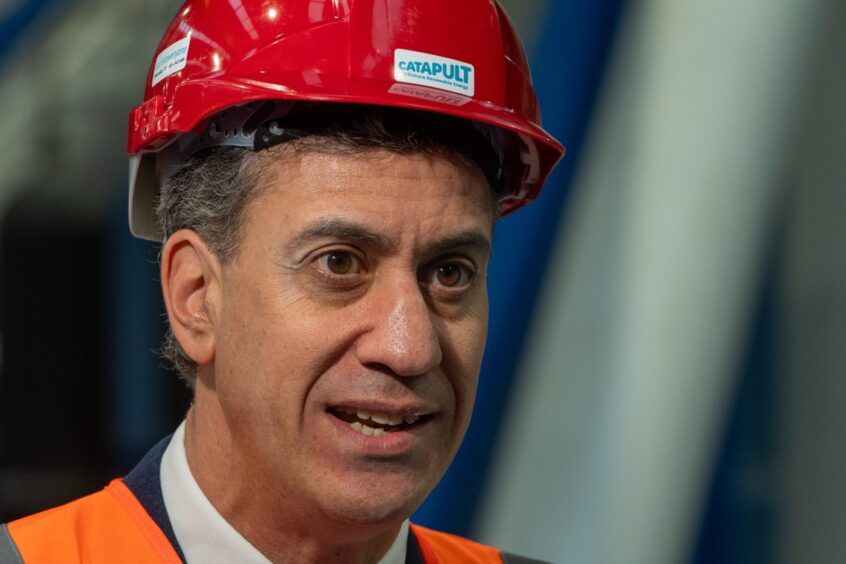 © Kenny Elrick/DC Thomson
© Kenny Elrick/DC ThomsonThere are 500 people directly employed at the refinery, however, an impact assessment for PWC has found that there are 2,800 workers directly reliant on the site.
In November, the Unite general secretary wrote to energy secretary Ed Miliband to demand that the UK government take action on the matter.
She wrote: “A Labour government not putting together a serious plan for the future of the site and the thousands of jobs which depend on it, would be a huge dereliction of duty.
“How this government deals with the threatened closure at Grangemouth will be the key test of your commitment to a just transition for workers and communities, and to our future energy security.”
Recommended for you

Energy skills passport for oil and gas workers launches at last





